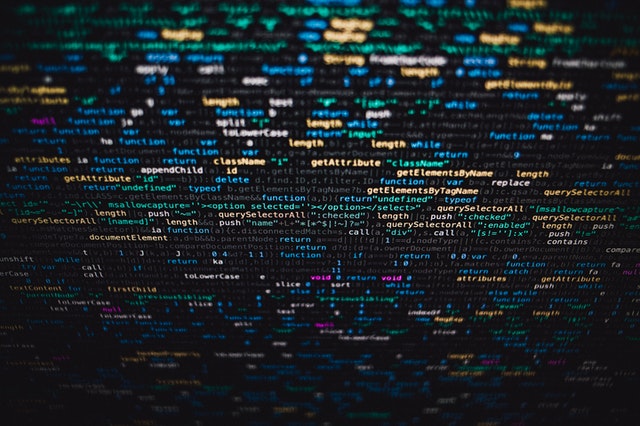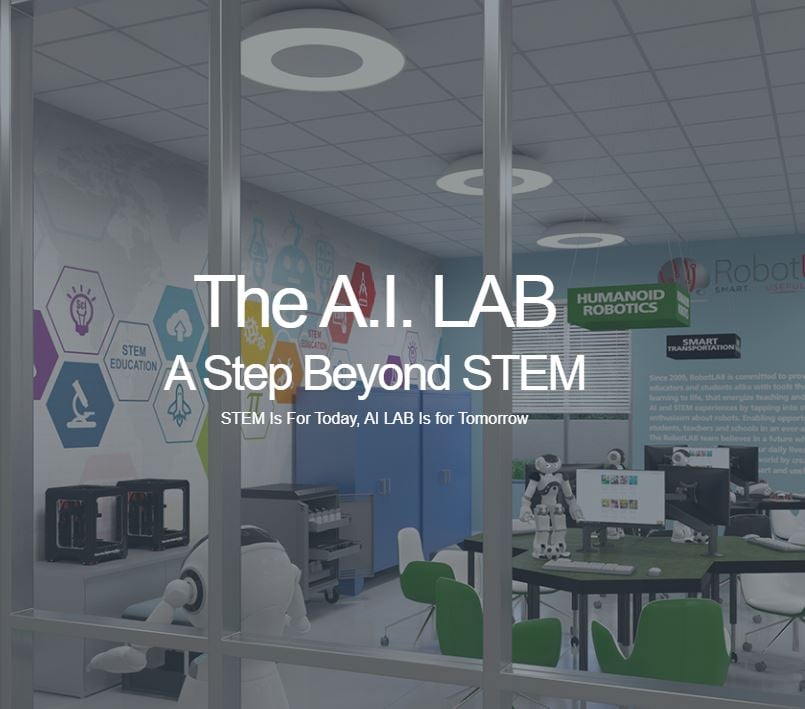 Photo by Markus Spiske from Pexels
Photo by Markus Spiske from Pexels
Artificial intelligence plays an integral role in education. As schools become more technologically equipped, artificial intelligence helps keep young people engaged. It is reimagining the way we do things and is allowing us to reach our full potential.
The main reason why artificial intelligence has been introduced in education is that it helps personalize and strengthen the learning experience. It provides each learner with additional information when they have difficulty with a topic.
If you are new to artificial intelligence and want to know about its role in education, you will find this post to be insightful. It discusses its 5 main roles to help you get a better idea about its capabilities.
Let’s dive in.
1. Supports Learning through AI Tutors
The concept of studying at a certain location is dying out. People are looking for more flexibility, and AI tutors are helping provide that. With the help of AI tutors, students get to learn basic things a lot faster.
The goal of these programs is to teach learners basic subjects and respond to their questions promptly while also providing regular feedback. Students can rely on the AI tutor to explain the concept in detail and explain how students can improve their work.
Chatbots are being used by more and more schools today than ever before. They make for great AI tutors. Since students are fond of messaging platforms, teachers can use chatbots to engage with them. The education process is simplified in this way.
On the other hand, social bots are designed for delivering personalized learning. They use the answers provided by students to cover their knowledge gap. It does not get better than this. Whether one takes up a course in digital marketing services or any other subject, the social bot would make learning easier.
2. Use AI as an Education Assistant
There is more to AI tutors than just explaining difficult concepts. They can also act as remote helpers and assist with e-learning. Lifelong learners can truly benefit from them. AI tutors answer routine questions so that students can have a deeper understanding of the topic.
The fact is that AI tutors are navigators that use available data for offering learners a learning experience that suits them best. Artificial intelligence checks students' schedule and sets the course based on a most appropriate time.
In addition, artificial intelligence lets students know which topics are left to explore and how much progress has been made so far. Thus, AI tutors help with time management and keep students on track.
Artificial intelligence has the potential to multi-task, which means that it can perform multiple tasks simultaneously. Learning communities can come together with AI assistants to collaborate and explore topics together. It helps maximize learning possibilities and boosts knowledge sharing.
The latest software provides students with one-on-one learning. It keeps them more focused. Examples are generated based on previous knowledge to ensure that new themes are explained better. Therefore, one can expect to gain new skills and a clear vision with these programs.
3. Make Learning Interesting
Education today can seem quite boring because there is an imbalance between how our brain works and how we teach. AI can help solve this problem as it has the power to make learning enjoyable.
Research reveals that when students enjoy the education process, they are more likely to study better and explore new topics. The latest technology encourages students to keep learning. E-learning based on AI can increase the motivation of students.
To improve learning, you do not need to use spaced repetition. But, this can feel like a daunting task. Hence, new techniques such as the use of AI have to be considered for boosting knowledge acquisition.
4. AI Helps Teachers
Being an educator can feel overwhelming. Along with teaching, an educator has to perform multiple duties, such as receive ongoing training, preparing high-quality course materials, grading assessments and quizzes, etc. This is where cognitive computer technology comes in handy. It integrates the curriculum materials with dynamic solutions to help save time.
Besides just educating students, AI can be used to offer professional development to educators. There are plenty of tools that teachers can use to improve learning. Educators can truly benefit from an online classroom. They can monitor how students absorb knowledge and how much of it they absorb.
Artificial intelligence can also create tests, which helps save time as educators will get be able to communicate better with their students and plan lessons accordingly to ensure that there is an improvement in the education system.
Generative AI can develop all the questions for students without the need for any manual work. It focuses on teaching students what they must know. Use an AI-based automatic quiz creator to create a test for students to assess their knowledge quickly.
5. Provide Access to Education to Special Needs Students
Finally, AI tutors can teach special needs students. They instantly provide answers and feedback. Artificial intelligence can be leveraged to explain to the students how they can fix their mistakes. With the adoption of AI technologies, it is possible to interact with students that have learning disabilities.
AI provides access to education to students with ASD, visual impairment, deafness, and so on. Therefore, educators get to help any group of students by using artificial intelligence tools. This means that it is possible to create a more inclusive space for learning.
Online classrooms break down barriers and allow students from all walks of life and backgrounds to study together. The students also benefit from an opportunity to communicate with a more diverse group.
Takeaway - Role of Artificial Intelligence in Education
There is no denying that artificial intelligence will play an essential role in shaping the future of education. From offering support to students using AI tutors to providing education to students with special needs, AI is setting the tone for how education should be in the 21st century.
Have you taken an online course? How was your experience?
Discover more about Artificial Intelligence with RobotLAB!

 Author Bio: Arslan Hassan is an electrical engineer with a passion for writing, designing, and anything tech-related. His educational background in the technical field has given him the edge to write on many topics. He occasionally writes blog articles for Dynamologic Solutions.
Author Bio: Arslan Hassan is an electrical engineer with a passion for writing, designing, and anything tech-related. His educational background in the technical field has given him the edge to write on many topics. He occasionally writes blog articles for Dynamologic Solutions.


